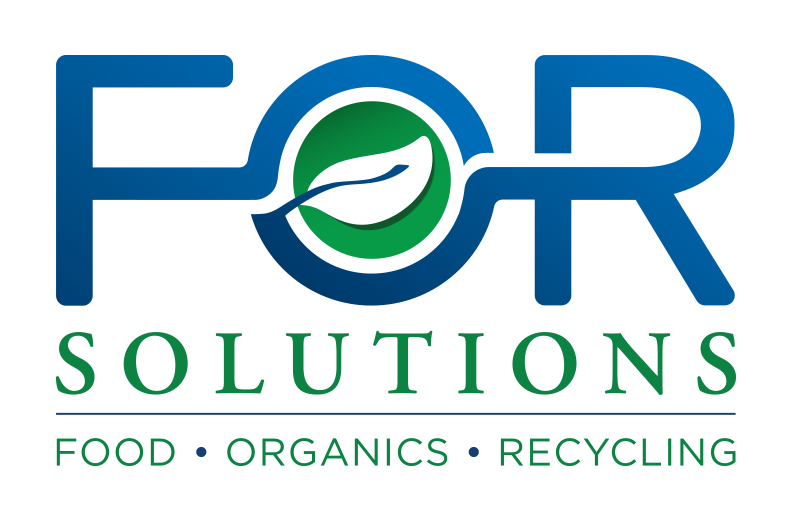When Will There Be A Harvest For The World?
It has been suggested that World War III will occur in the next 50 years (http://fortune.com/2014/12/21/why-the-next-world-war-will-be-fought-over-food/). Its cause will not be land as some have proposed, nor will it be water as others have proposed. Its cause purportedly will be over food. There is growing speculation that humanity will outstrip its ability to produce enough food to feed everyone sometime within the next 50 years when it is surmised that the population will grow to the point where there will be approximately 10 billion of us.
As I’ve stated in previous blogs, this is where local recovery of uneaten food combined with on-site or local composting of it combined with utilization of the compost to turn unproductive land into food producing land is a key component of a comprehensive strategy to assure equity, fairness, and justice of the global food system.
Take New York City as an example. It is believed that there are roughly 30,000 vacant lots there. This amounts to about 7,300 acres of land. It is believed that it takes about one acre of land to produce enough food to feed the typical American for one year. So, conceivably, 7,300 individuals could be provided with a diet consisting of approximately 2,000 Calories per day if this vacant land were used to produce food. And, that’s just one city. Some cities are already working to turn vacant and abandoned lots into food oases, but they are in the extreme minority. If humanity is to avoid the collision course it is on currently with a potential third world war, it must adopt a new perception of land and food production. An excellent place to start is the available land that is close to population centers.
The added benefit of local recovery and composting of discarded uneaten food is in addition to providing food it will provide jobs. At every step of the process, from collection to processing to utilization to distribution, jobs will be created. It is vital that the processing of the uneaten food require as small a footprint as possible. The composting biotechnology most able to accomplish this is aerobic in-vessel rotary drum digestion. This biotechnology is also exceptionally energy efficient. It is the solution to the issue of how to manage the billions of pounds of uneaten food that are generated in the Unites States year after year.
After the horrors that humanity endured as a result of WWI and WWII, it is very difficult to imagine it letting another war happen when the solution to the question of how to avoid such an event is so readily at hand. If the idea that WWIII might be over food is valid, then any opportunity to create a situation whereby food may be produced in manners now currently being realized becomes a matter of national security. Who could possibly reject the idea of recycling uneaten food in an effort to avoid such an unpleasant future? The reality of local recovery and composting is that 1) it is not constrained by political boundaries, 2) uneaten food is a global phenomenon, 3) nutrient dense compost is the best amendment for soil, and most important 4) the biotechnology is so-called shovel ready!
The generation that lived through WWII is often described as the greatest generation. To have accomplished what it did surely makes it deserving of such acclaim; however, let’s be clear that the acclaim was achieved as a result of the outcome of a world war that also showcased humanity at its most depraved and wicked. I propose that in the future there will be an opportunity for the crowning of another greatest generation. This generation will achieve its acclaim not because of the outcome of a war and the associated depravity that led to it; rather it will achieve it because it took the necessary steps to ensure that a war did not happen because it would not relent on efforts to ensure that a right as basic as access to nutritious food was not compromised; because it took all measures, large and small, to reconcile its relationship with Earth’s life support system, one of the most vital of which is soil fertility and productivity, so that hunger would not be the cause of strife between nations.
Over 40 years ago, the Isley Brothers asked, when will there be a harvest for the world? Part of the answer, I believe, is when we stop regarding uneaten food as waste and instead regard it as a vital replenishable natural resource that holds the key to sustainable food production.


